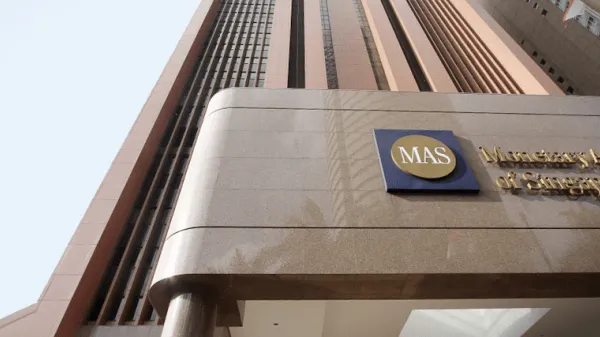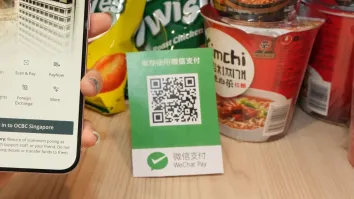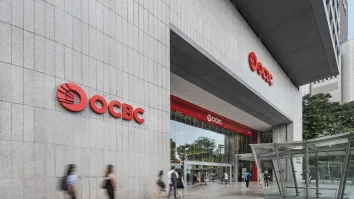
MAS, New York Fed unveil results of study on DLT use for cross-border wholesale payments
Distributed ledger could be used to enhance cross-border multi-currency payments, the study found.
The Monetary Authority of Singapore (MAS) and the New York Innovation Center (NYIC) of the Federal Reserve Bank of New York have jointly published a report on the results of an experiment exploring the use of distributed ledger technology (DLT) on cross-border, multi-currency wholesale payments.
The joint Project Cedar Phase II x Ubin+ (Cedar x Ubin+) experiment examined whether DLT could be used to improve the efficiency of cross-border wholesale payments and settlements involving multiple currencies.
The experiment concluded that DLT could support enhancements to cross-border multi-currency payments and settlements. In particular, findings addressed three key pain points:
- Interoperability and Autonomy: The Cedar x Ubin + experiment interlinked the distinct central bank currency ledgers. Payments were safely executed across multiple ledgers without the need for a central clearing authority or the establishment of a shared central network.
- Atomic Settlement: The simulated payments were settled atomically. This meant that transactions were only settled if all legs in the cross-currency payment chains were executed successfully.
- Near Real-Time Settlement: Each simulated payment scenario achieved end-to-end settlement in under thirty seconds on average. This enabled participants to be notified of a payment’s success in a matter of seconds, according to the findings.
ALSO READ: MAS launches Ubin+ to study cross-border FX settlement using CBDCs
It further revealed future areas for experimentation and analysis, according to MAS and NYIC. These include studies around the viability of the network solution to manage transaction volumes at scale, with potentially an increase in payments settled per second; and the involvement of additional currencies supported by their corresponding central bank ledgers, the joint statement said.
“Cross-border payments are a major railway for facilitating the functioning of the global economy” said Michelle Neal, head ofthe markets group at the New York Fed. “Our research collaboration with the MAS reveals key opportunities for central bank innovation to play an important role in easing wholesale payment flows globally and improving settlement outcomes.”

















 Advertise
Advertise











